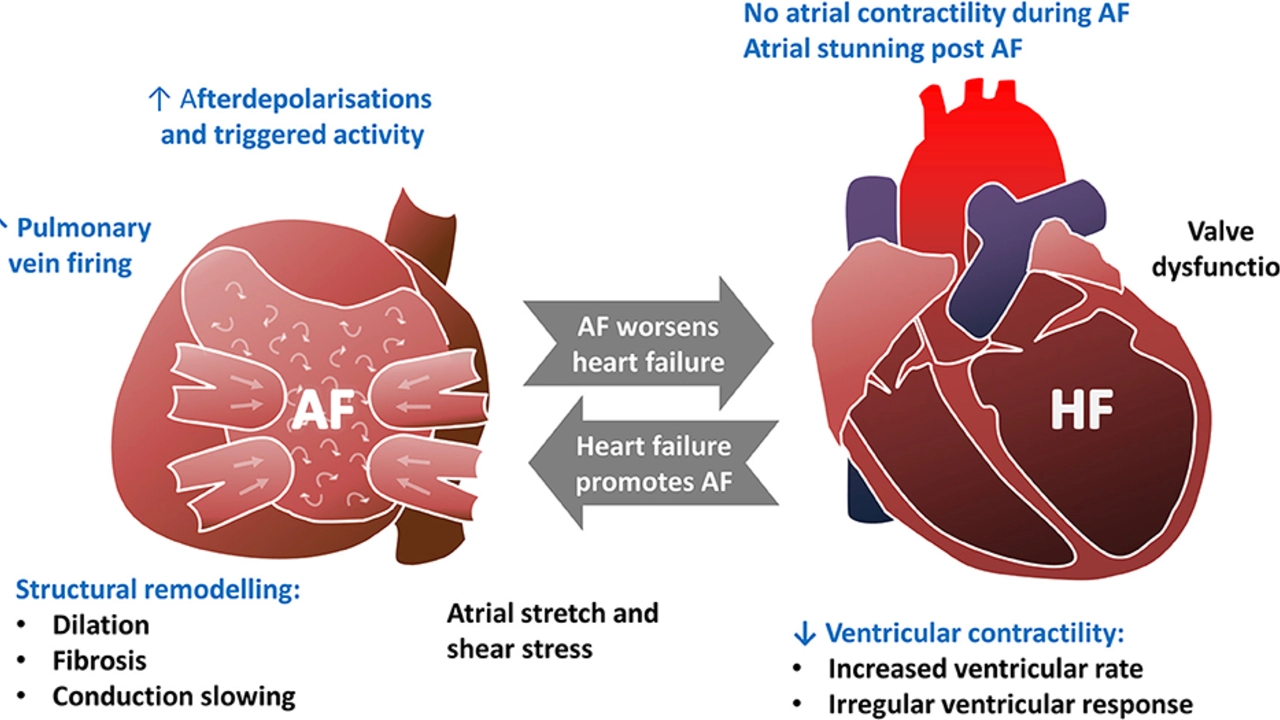Alternative therapies: what works, what doesn’t, and how to stay safe
Looking for ways to feel better without jumping straight to prescription drugs? Alternative therapies can help with mild symptoms, side-effect management, or as a complement to medical care—but some are useful and some are risky. This page pulls together clear, practical advice so you know which options are worth trying and which need a doctor’s sign-off.
Common alternatives and when they help
Think of alternative therapies as three broad groups: lifestyle changes, herbal or dietary supplements, and non-drug approaches (like topical creams or physical therapies). Lifestyle moves—better sleep, low-inflammatory diets, and regular exercise—often give measurable benefits for inflammation, mood, and pain. For example, our piece on reducing prednisone dependence explains how diet and stress management can lower steroid needs over time. Herbal supplements like Chinese Mallow or androstenediol are talked about a lot; they can support digestion or stamina, but they’re not magic. Read specific guides before use and watch for interactions with prescription meds.
Topical or local alternatives can work well for certain conditions. Articles on Soolantra for rosacea and where to buy benzoyl for acne show that targeted creams often give good results with fewer systemic effects than oral drugs. For addiction or dependence issues, our reviews of Antabuse alternatives list approved meds like naltrexone alongside newer options—these need medical supervision, not DIY substitution.
How to pick a safe approach
Start by asking simple questions: What symptom am I treating? Is this short-term support or a long-term replacement? Will this option interact with my current meds? If you’re treating a serious condition—seizures, active infections, heart disease, or major depression—don’t replace proven drugs without a clinician’s OK. For milder problems, try one change at a time so you can see if it helps.
Practical checks before you try anything: look for evidence (clinical trials or clear clinical experience), confirm quality and dosing on supplements, and avoid sources that promise miracle cures. Our guides on Flagyl alternatives and safe online pharmacies explain how to spot shady claims and where to find reliable options. If a product affects mood, blood pressure, bleeding risk, or hormone levels, get medical advice first.
Want a quick plan? Pick one lifestyle change (sleep, diet, or exercise) and one low-risk supplement or topical product. Track results for four to eight weeks. If you get better, great—keep going and tell your doctor. If nothing changes or you see side effects, stop and seek help. Use our articles on specific treatments and pharmacy guides to compare options and find trusted sources.
Alternative therapies can be useful tools when chosen carefully. Use them to complement, not replace, medical care unless a qualified clinician agrees. Explore our related posts on lifestyle changes, herbal supplements, and trusted pharmacy reviews to get practical next steps you can trust.
Atrial Fibrillation and Alternative Therapies: Are They Effective?
In my recent exploration of Atrial Fibrillation, a common heart disorder, I've delved into various alternative therapies and their effectiveness. Some of these non-mainstream treatments, like yoga, acupuncture, and herbal supplements, show promise in managing symptoms and improving quality of life. However, it's crucial to remember that they aren't replacements for traditional medical care. Research is ongoing, and while some findings are encouraging, the results are mixed. Always consult with a healthcare provider before starting any alternative therapies for Atrial Fibrillation.






